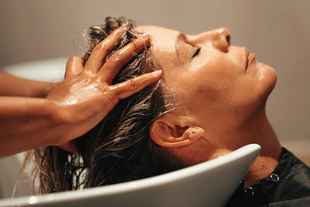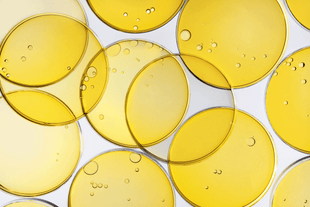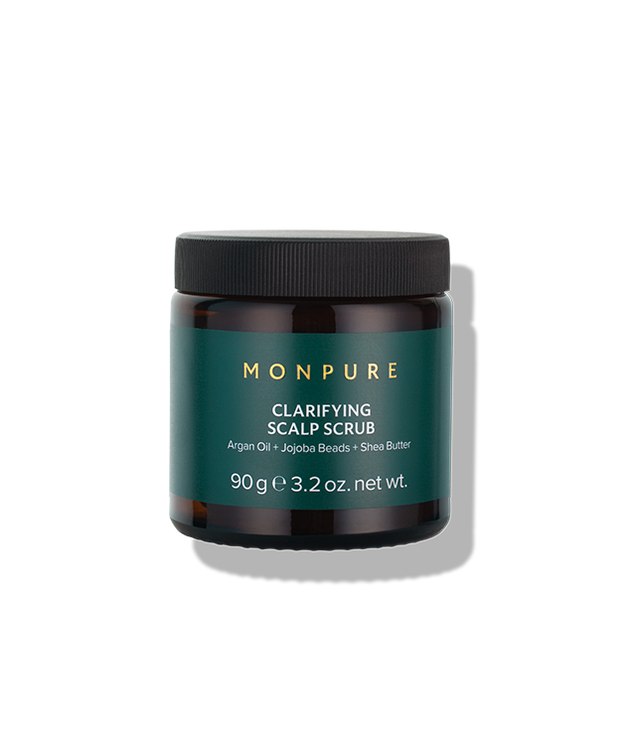
What are your scalp and hair trying to tell you? Many symptoms like itchiness, redness and hair loss could be down to an underlying health issue – or else it could just be because of the harsh hair products you’re using.
It’s important to prioritise natural ‘clean’ formulas that are devoid of synthetic chemicals, which can upset your scalp and affect hair growth. But if you suspect that there’s something going on internally, here are some common culprits …
Hair loss and scalp irritation can be down to stress
Where the scalp is concerned, stress can cause our underlying skin conditions to become worse or even trigger a severe flare up. These include inflammatory skin conditions such as atopic eczema, seborrhoeaic dermatitis, psoriasis, scalp lupus and also alopecia (including androgenetic alopecia, alopecia areata, frontal fibrosing alopecia to name a few).
The stress hormone called cortisol regulates the normal functioning of our hair follicles. When cortisol is present at high concentrations, it causes cells in the hair follicles to undergo apoptosis (i.e. die) prematurely by up to 40%, resulting in hair loss.
Dandruff or oily scalp? This could be down to hormonal disruption
Contrary to common belief, dandruff isn’t down to poor hygiene (but regular washing and brushing can lessen its symptoms). Issues like stress, puberty or pregnancy are often to blame. They can wreak havoc with our hormones, sending our body’s normal processes into a tailspin and our skin’s oil glands into overdrive. This gives our hair a greasy appearance and can also lead to seborrhoeic dermatitis, which manifests itself red, irritated and scaly skin – and often leads to dandruff.
Scalp irritation can be linked to food intolerances
If we’re intolerant to certain types of food, such as gluten, lactose or sugar, this can cause inflammation of the gut – this has a direct knock-on affect with how our skin behaves, especially the scalp. People who are experiencing conditions like redness and scalp acne should get checked or try removing certain food groups from their diet (under the guidance of their GP) to see if this makes a difference.
Crash dieting? It can show in your hair.
Although there’s a current craze for fasting and extreme detoxing, this can have disastrous consequences when not carried out under strict medical supervision. Reduced food intake results in a lack of nutrients needed to sustain the hair follicle so it can function properly. The natural life cycle of hair is that it grows and then falls out, during which time there is a resting ‘telogen’ period. If the body doesn’t get these vital nutrients, it can actually stop new hairs from forming during this resting phase – resulting in hair loss and bald patches.
----
If you have serious concerns with regards to your hair loss, it would be advisable to seek advice from a dermatologist to obtain appropriate diagnosis and medical treatment for your scalp, preferably at an earlier stage, before hair loss becomes advanced. I would also advise to avoid common causes of hair ‘wear and tear’; for example, avoiding drying your hair with high setting heat hair dryer, not pulling your hair back in tight braids or ponytails and refrain from using harsh chemicals on your hair and scalp.
Dr. Chan is an award-winning Consultant Dermatologist at the King’s College Hospital NHS Trust based at Beckenham Beacon and the Princess Royal University Hospitals. She specialises in skin cancers and in 2016 won the European Organisation for Research and Treatment of Cancer (EORTC) European Young Investigator Award for her research work in Skin Lymphoma.
She is MONPURE London’s resident dermatologist and scalp expert.

















